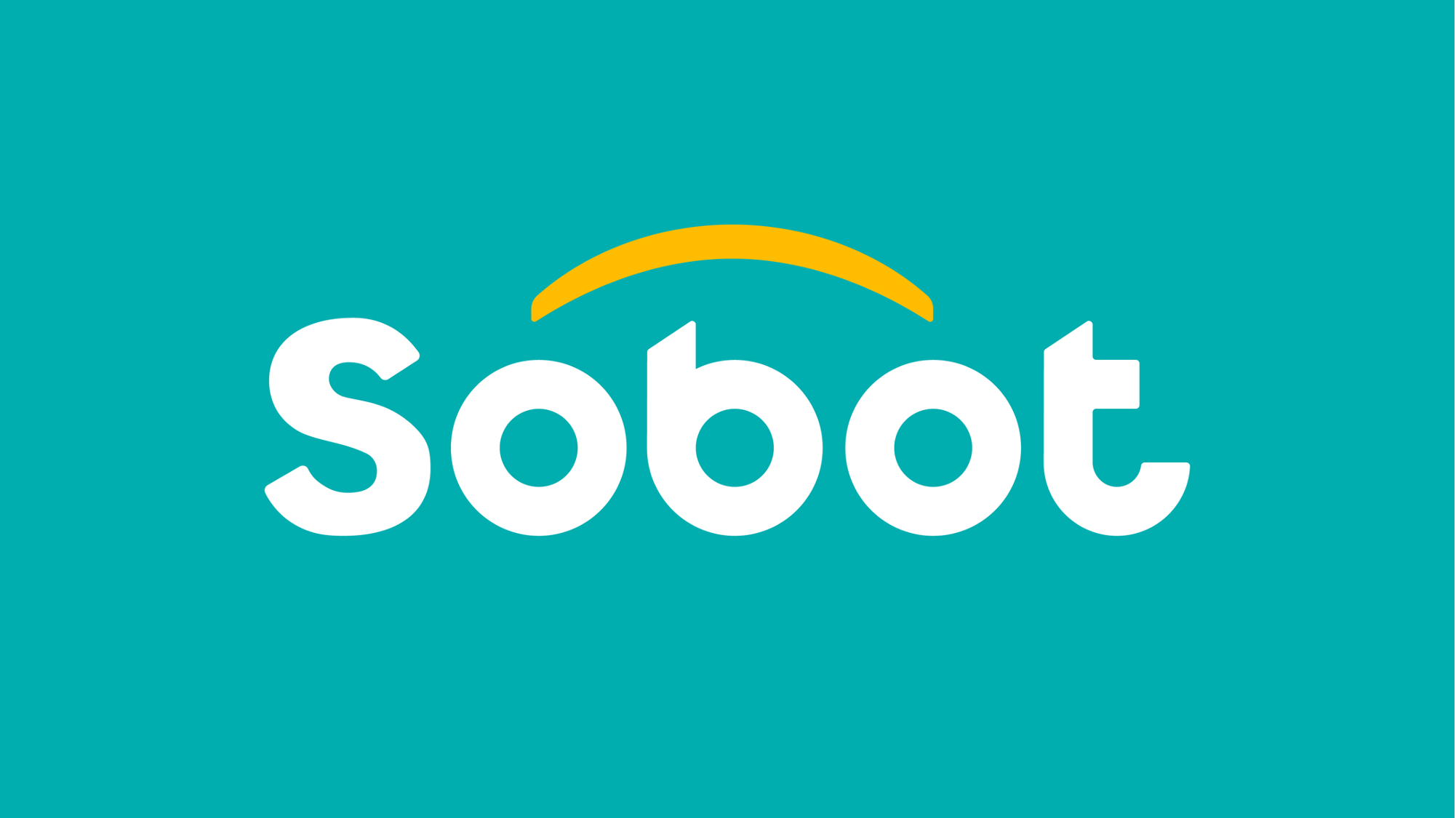AI chatbots are increasingly becoming part of everyday life, assisting with customer service, education, and even companionship. Yet, despite their growing presence, many parents remain hesitant or outright opposed to their children interacting with AI chatbots. Understanding these concerns can help businesses, educators, and developers address them responsibly while ensuring the safe use of AI technology.
Concerns About Privacy and Data Security
One of the main reasons parents say no to AI chatbots is the worry about privacy. Chatbots often collect data to provide better responses or personalized experiences. Parents fear that sensitive information about their children could be stored, misused, or even exposed to third parties. This concern is heightened when chatbots are integrated into apps or platforms without robust security measures. Businesses offering AI chatbots must prioritize secure data handling and clearly communicate their privacy policies to gain parental trust.
Exposure to Inappropriate Content
Parents also worry that AI chatbots might provide inaccurate, biased, or inappropriate information. While most chatbots are programmed to follow guidelines, errors can happen. Children are particularly vulnerable because they may not always discern between reliable and misleading information. For this reason, parents often restrict their children’s access to AI chatbots until proper safeguards are in place, such as content filters or monitoring options.
Impact on Social Skills and Human Interaction
Another common concern is the potential impact on social development. Parents fear that excessive interaction with AI chatbots may reduce opportunities for real-world human interaction. They worry that children may rely too heavily on digital communication, limiting their ability to develop empathy, emotional intelligence, and conflict resolution skills. Businesses targeting educational or social AI chatbots can address this by emphasizing balanced usage and designing features that encourage offline interactions.
Addiction and Screen Time
AI chatbots can be engaging, sometimes excessively so. Parents are increasingly wary of technology that can lead to screen addiction or overuse. Interactive chatbots, especially those with gamified features, can draw children in for long periods, impacting their sleep, physical activity, and overall well-being. Developers must consider features like usage reminders, time limits, or parental controls to mitigate these concerns.
Ethical and Moral Considerations
Finally, some parents hesitate because of ethical concerns. AI chatbots may lack moral judgment, cultural sensitivity, or the ability to understand nuanced social situations. Parents worry that children may be influenced by AI responses that don’t reflect human values or ethical standards. Transparent AI design, clear disclaimers, and educational guidance can help address these issues.
Conclusion
Parents’ reluctance to allow children to interact with AI chatbots stems from valid concerns about privacy, content, social development, screen time, and ethics. Businesses aiming to engage younger audiences with AI must prioritize safety, transparency, and balanced usage. By addressing these parental concerns thoughtfully, companies can create a trustworthy and beneficial AI experience for children while building confidence among parents.



